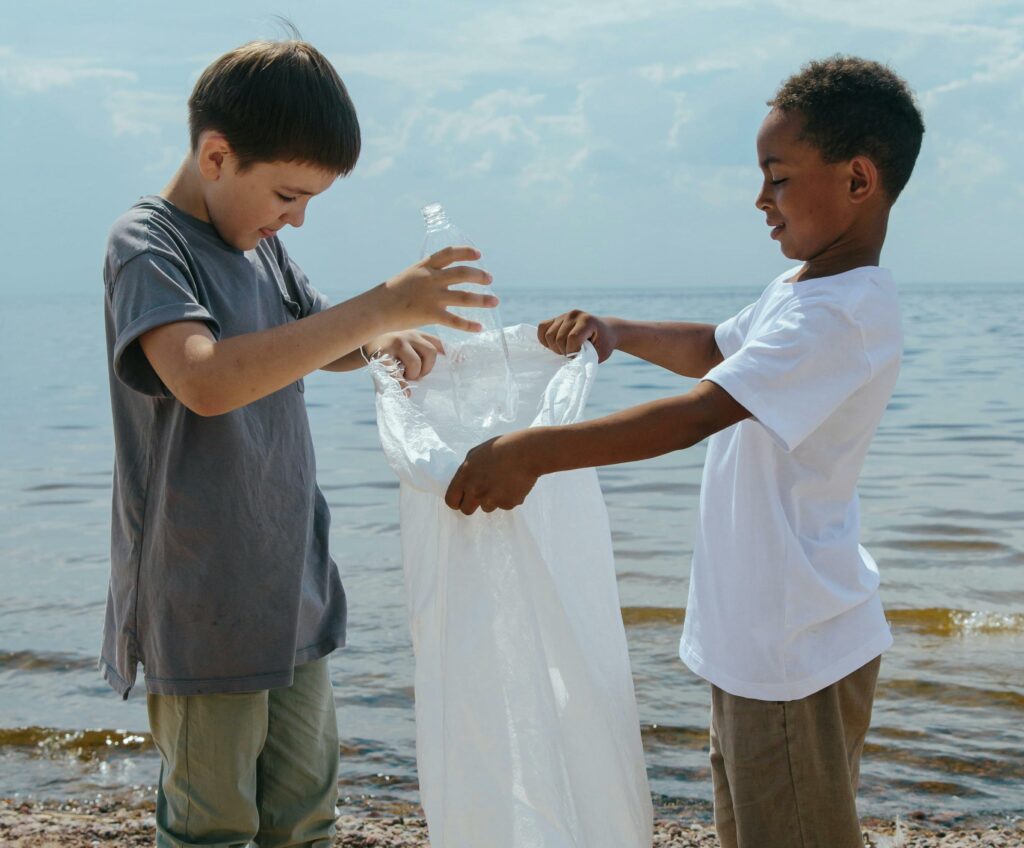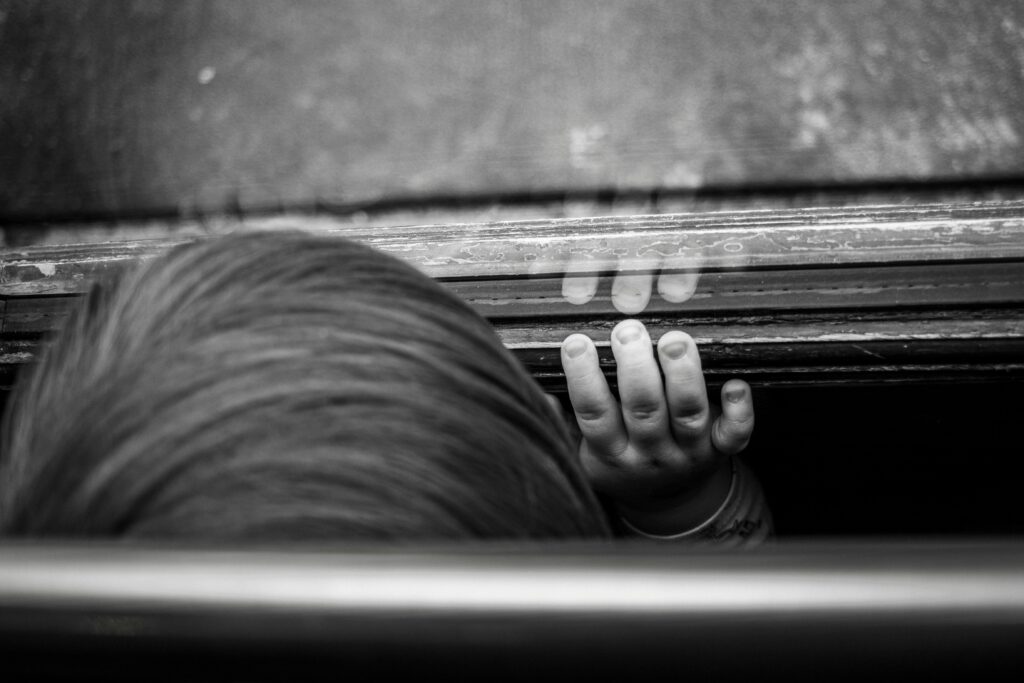RSV often begins like a common cold but for some young children, they can get very sick and require hospitalization.
RSV, or Respiratory Syncytial Virus, is the most common cause of hospitalization in babies under 1 year. Fortunately, a new immunization can reduce the severity of the virus and help prevent the need for hospitalization.
What is RSV and bronchiolitis?
RSV infections are extremely common and the symptoms resemble the common cold. Your child may have a fever, cough, sore throat, headache, and lots of nasal congestion and mucous.
RSV infections can progress into bronchiolitis (not to be confused with bronchitis), where the child’s condition worsens and they become at risk of low oxygen or becoming dehydrated.
You should watch for signs your child is working harder to breathe. One of the tale-tell signs is chest wall retractions, where it looks like the chest is caving in with each breath. You may hear a wheezing sound when they breathe out or you may hear a grunt with each breath. Your child’s skin may turn blue or purple if they are not getting enough oxygen.
It may become uncomfortable for your child to drink and they can easily become dehydrated if not getting enough fluids. Watch for signs of a dry mouth, crying without tears, or urinating less often.
If you notice any of these symptoms of bronchiolitis, call your provider at Pediatrics West at (720) 284-3700 right away.
The RSV Immunization
Beyfortus, also known as Nirsevimab, was approved by the FDA in summer 2023 to reduce the severity of the virus for infants. Beyfortus is not a vaccine, but rather a long-acting monoclonal antibody. Meaning, it provides protection in a similar way to a vaccine by delivering antibodies that block the virus from invading cells. In clinical trials, it reduced the risk of developing severe RSV by nearly 80 percent.
It is administered as an injection with a single shot in the thigh. It requires only a single dose for the RSV season, which typically runs from fall to spring.
The AAP recommends Beyfortus for:
– All infants under 8 months of age who were born during or entering their first RSV season.
– Infants and children 8 to 19 months of age who are at an increased risk of severe RSV disease and entering their second RSV season.
How do you treat RSV and bronchiolitis?
If your child has a mild case of RSV, focus on making your child comfortable and relieving their symptoms. Keep your child hydrated by offering fluids and frequent feedings. A cool-mist humidifier will help make breathing easier and break up the mucus.
Using nasal saline and gentle suctioning (from a bulb or Nose Frida) will help clear out congestion so your child can breath easier. If your child has a fever, you also can give them acetaminophen or ibuprofen (if older than 6 months).
If your child’s sickness becomes more severe and develops into bronchiolitis, they may require hospitalization. At the hospital, your child will likely be given oxygen to help with breathing and possible IV fluids if they are dehydrated.
Contact Pediatrics West
If you have questions or concerns about RSV or would like to talk to your provider about the Beyfortus vaccine, please send a message via MyChart or call Pediatrics West at (720) 284-3700.


